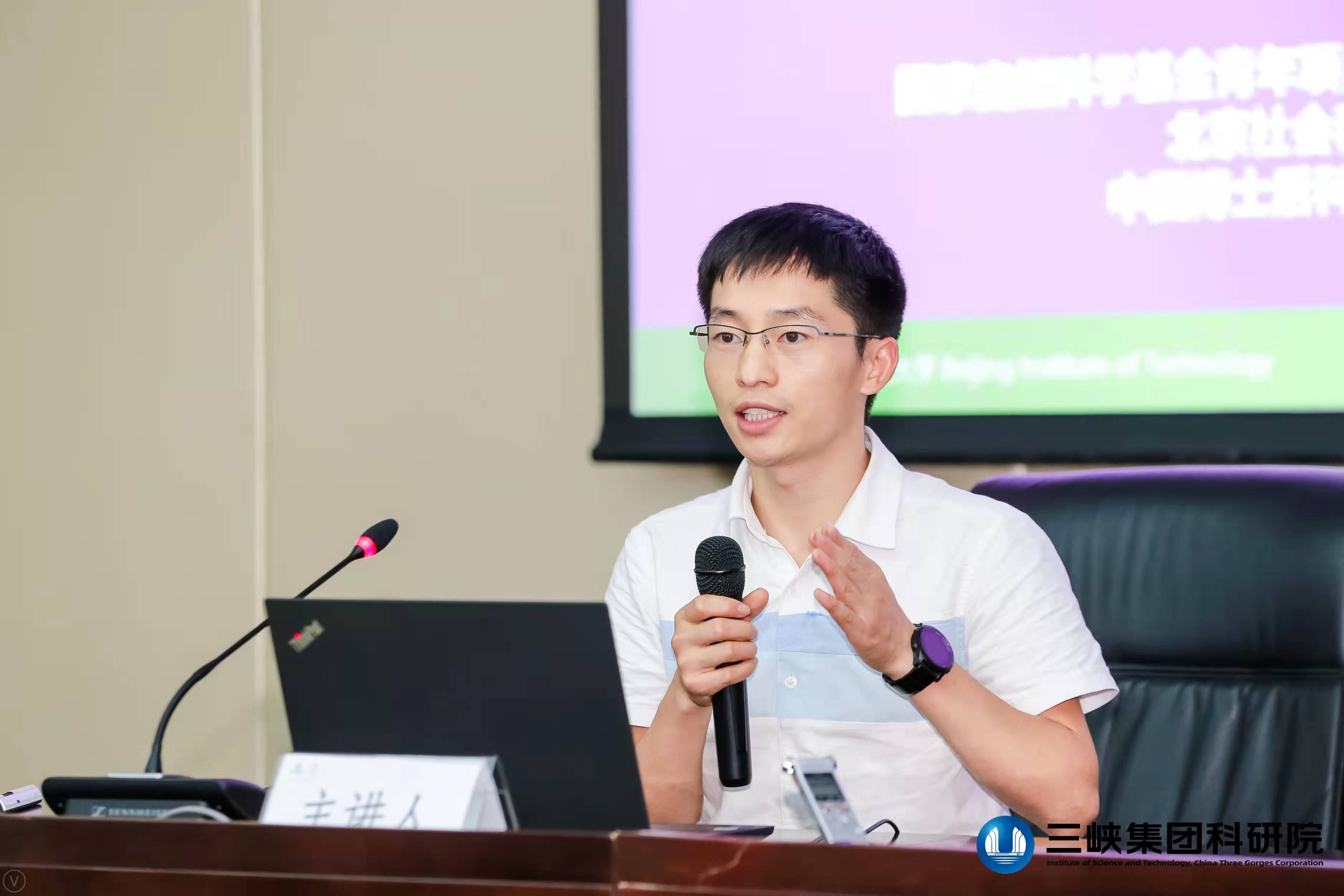Challenges and Opportunities Brought by Sora

Yin Ximing delivers a speech at China Association for Science and Technology Youth Scientist Innovation Salon. (COUTESY PHOTO)
By YIN Ximing
AI, as a new frontier of disruptive technology and international competition, is the new opportunity of the industrial revolution and a driver for cultivating New Productive Forces. On February 16, OpenAI released its first large-scale text-to-video model, Sora, which ignited global attention. Sora's debut has become a milestone event after ChatGPT.
Sora is positioned as a "video generation model as a world simulator," and its core feature is that it can directly transform text description into corresponding dynamic video content. Sora's innovation lies not only in its technological breakthrough, but also in its change of application contexts of AI.
A traditional AI large model is mostly trained and applied in a closed environment, but the emergence of Sora means that AI technology can directly interact with the real world, which will greatly promote the application of AI technology in all walks of life.
However, it is also necessary to realize that Sora also brings new challenges to employment, privacy protection and ethical governance. In particular, Sora may be abused to create false information, online fraud, maliciously impact the history and culture of other countries and cyberspace sovereignty.
For China, the release of Sora has brought new ideas and opportunities for its innovation, but it also reveals that there is a gap between AI enterprises and industries in cutting-edge theoretical breakthroughs, infrastructure construction, technological disruptive breakthroughs, rapid application transformation, and industrial ecological cultivation. Therefore, it has become an urgent issue to explore the new ecosystem and new mode of cultivating and expanding AI firms, accelerating AI technology breakthroughs and rapid application in various contexts.
Chinese AI enterprises, such as Huawei, Baidu, ByteDance, Beijing Academy of Artificial Intelligence and Baichuan, have actively explored the AI innovation and industrial application of context+ technology two-wheel drive. In the future, China needs to seize the paradigm change opportunity of context-driven innovation in the digital age, accelerate the construction of context-driven AI innovation ecosystem, aim at the global innovation frontier and new opportunities emerging in new contexts, support firms to lead the deep integration of university-industry collaboration, and accelerate the cultivation of domestic AI innovation ecosystem.
In particular, more attention should be paid to breakthroughs of core technologies such as national AI computing power, and data infrastructure construction and advanced GPU, in order to accelerate the cultivation of AI talents through the university-industry collaboration, build open application context, cultivate and expand AI enterprises, promote a virtuous circle of "context-technology-finance-industry", and form an "AI innovation flywheel." In this way, China may open up new advantages for AI development, and empower New Productive Forces towards high-quality and sustainable development.
YIN Ximing is an associate researcher in the School of Management, Beijing Institute of Technology, and Tsinghua University Research Center for Technological Innovation.






